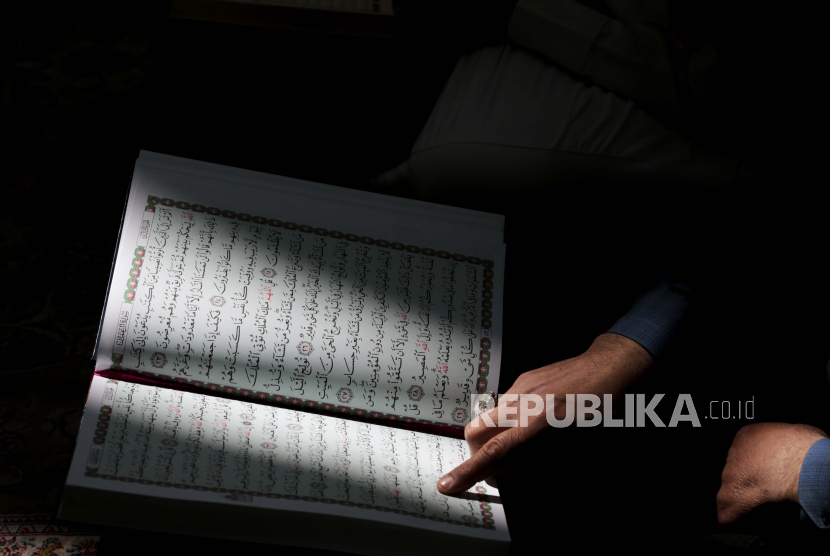REPUBLIKA.CO.ID, JAKARTA -- The Ministry of Religious Affairs through the ministry's R&D, Education, and Training Agency (Balitbang Diklat) has translated the Quran into 26 regional languages. This effort was done to spread the messages of the Quran more broadly.
“The Ministry of Religious Affairs has translated the Holy Quran into more than two dozens of local languages," said Head of LKKMO Balitbang Diklat Mohammad Ishom in Jakarta, Wednesday (8/11/2023).
Twenty-six regional languages are some of the regional languages spread across the islands of Sumatra, Java, Borneo, Sulawesi, and Bali. While some other local languages from islands such as East Nusa Tenggara and Papua are still in the exploration phase.
“In case of (the translation in) local languages of the island of Sumatra, it is almost all already, minus the Lampung language. On the island of Java, there is already everything, minus the Betawi language. Then for Borneo, it's all Banjar languages and Dayak languages,” he explained.
“Then for Sulawesi we already have the (Quran translation in) Kaili language of the Central Sulawesi and the Bugis language and the Mandar language. Well, for in Maluku Archipelago, there is already Ambon Malay. It has emerged in Balinese. Meanwhile, we are still working on the (Quran translation)in the (local) languages that exist in East Nusa Tenggara and Papua,” he added.
Ishom explained that the translation of the Holy Quran in the regional languages is an effort in the preservation of culture in line with the mandate of Law No. 5 of 2017 on the Promotion of Culture. In addition to promoting the culture of regional languages in Indonesia, the program also wants to make the Quran's messages more familiar for all Muslims in Indonesia, wherever region they come from.
He considered that the Quran should be translated according to the local languages. The goal is that the people of the region can understand the messages of the Quran in their own language.
Ishom said the translation process involved many parties. During this time, he said, it was in synergy with academics, religious figures, indigenous figures, and local area language preservation agencies.
“We cooperate with many Islamic campuses in various regions throughout Indonesia. We are also assisted by religious leaders, community leaders, indigenous leaders and local language preservation agencies in each region,” he said.


